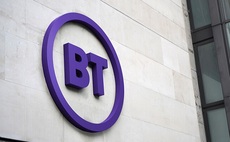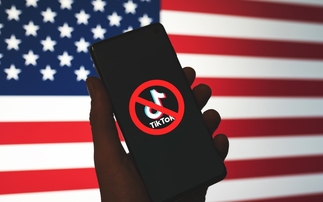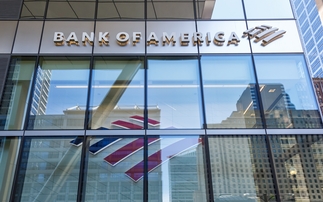Top adviser to global librarian federation says DEA is not 'consistent with a democratic approach to access to knowledge'
The International Federation of Library Associations and Institutions (IFLA) has publically objected to the UK's Digital Economy Act (DEA). The DEA, which was passed just before the dissolution ...
To continue reading this article...
Join Computing
- Unlimited access to real-time news, analysis and opinion from the technology industry
- Receive important and breaking news in our daily newsletter
- Be the first to hear about our events and awards programmes
- Join live member only interviews with IT leaders at the ‘IT Lounge’; your chance to ask your burning tech questions and have them answered
- Access to the Computing Delta hub providing market intelligence and research
- Receive our members-only newsletter with exclusive opinion pieces from senior IT Leaders




















